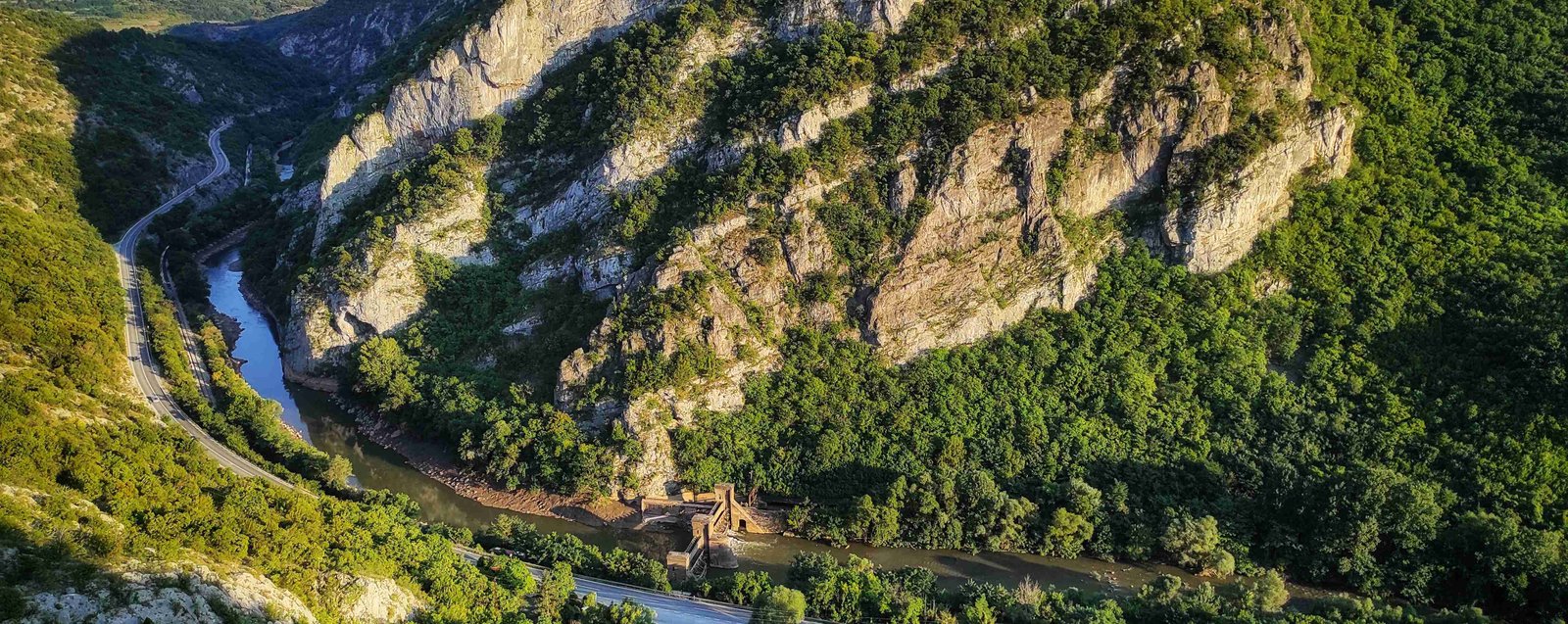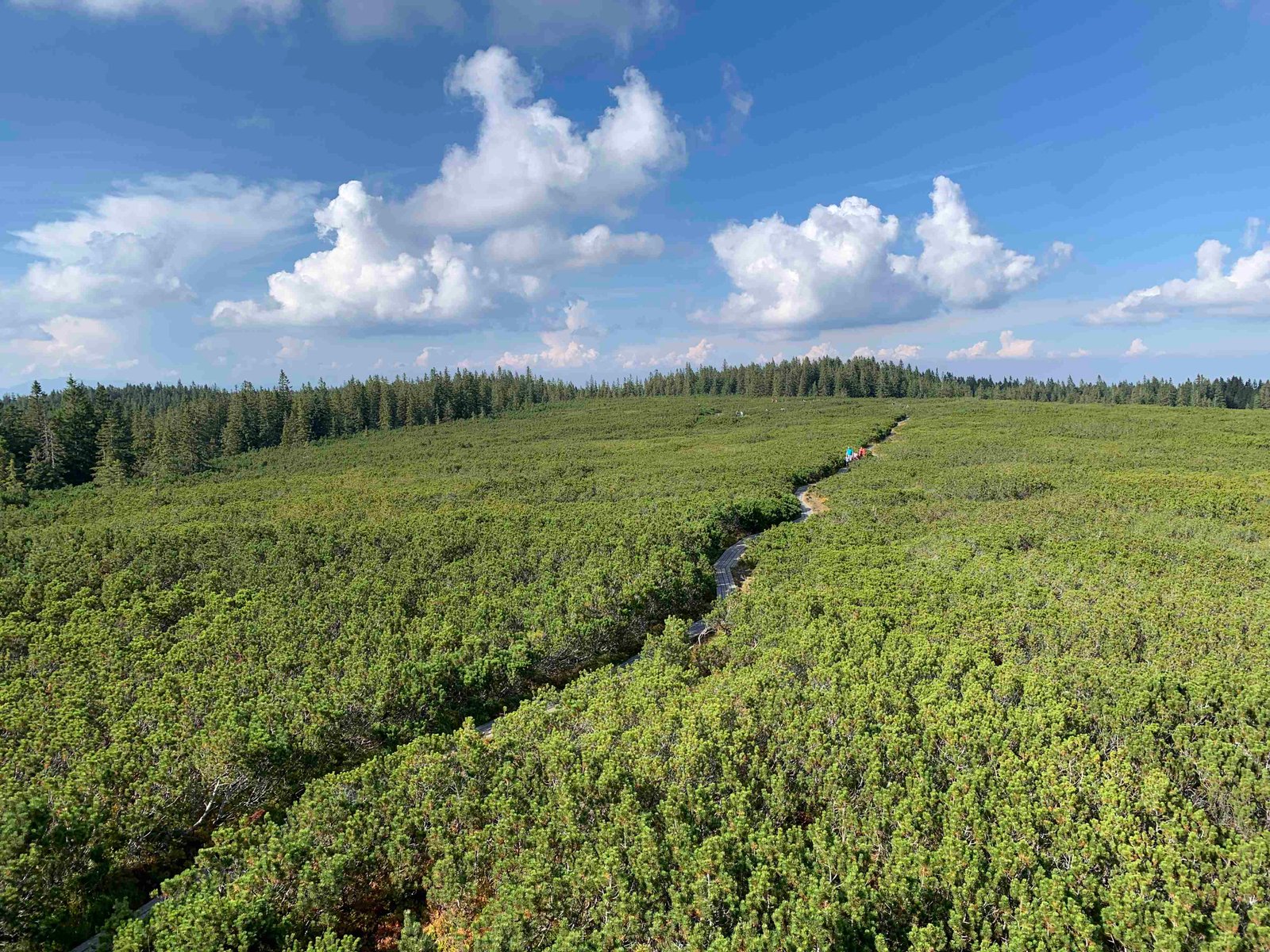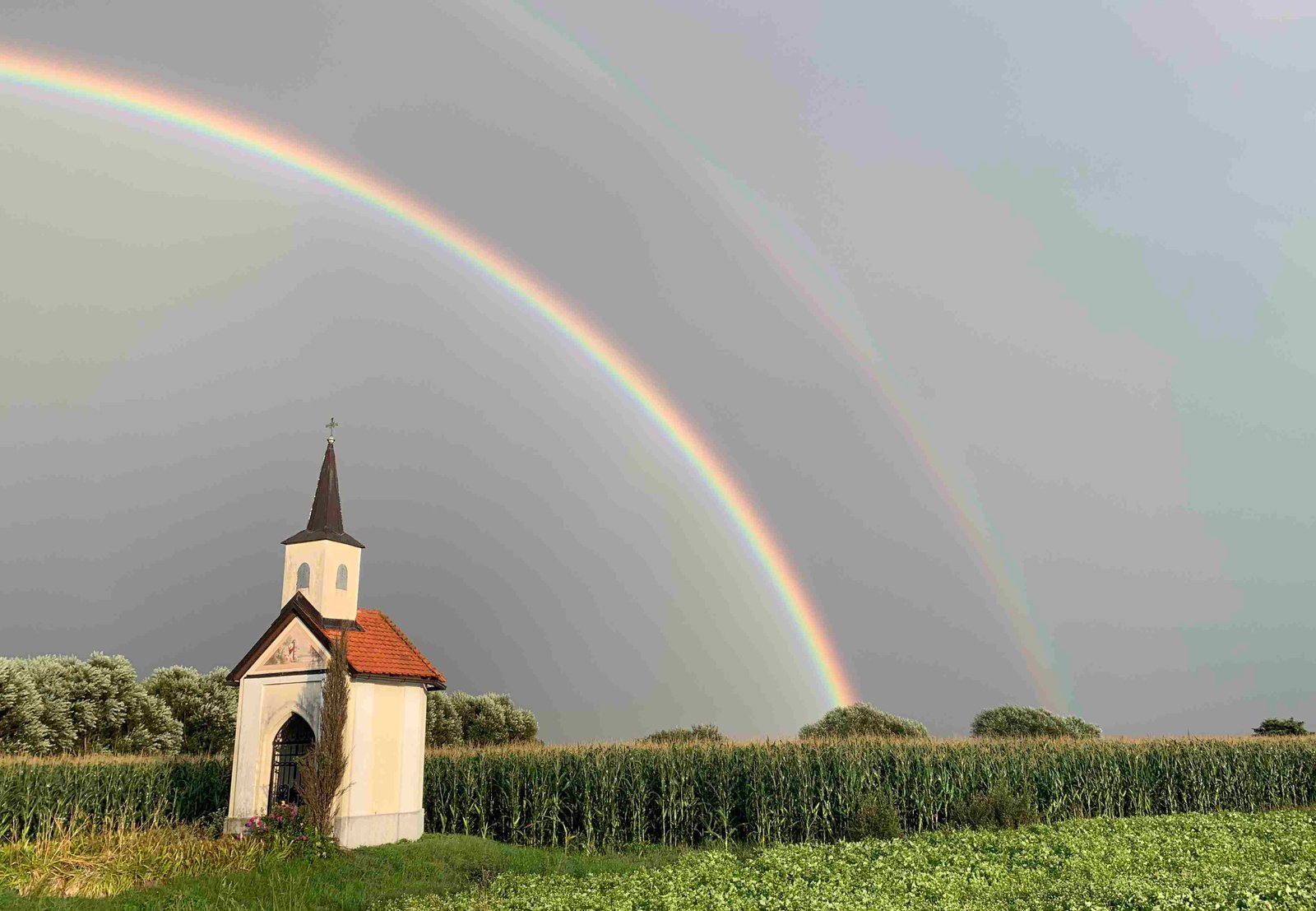Where We Work
Working with communities in south-east Europe is currently the priority for Thriving Communities.
South East Europe
South-east Europe has tremendous natural and human assets, with treasured mountains, marine areas, forests and rivers, significant renewable energy resources, abundant local food systems and resilient people with a strong sense of local community connections.
Social and economic gaps have widened since the financial crisis of 2008, with unemployment and the threat of poverty remaining major issues that the Covid-19 pandemic has exacerbated.
In many of SE Europe’s young democracies, significant trust, transparency, participation and creativity issues also remain. There are many structural elements that inhibit innovation and leadership for genuine community development. Genuinely democratic practice, politics and policymaking remain elusive in many places. Corruption in both business and the public sector cannot be ignored. Low wages, out-of-date policies and typically hierarchical education and management systems stifle opportunities for entrepreneurs and young people.

These challenges in SE Europe are structural and require radical and systemic responses to tackle them on multiple fronts at the same time. Significant work and investment is needed to rebuild community and civic cohesion, creativity and collaboration to reverse current dynamics and create a thriving future from the region’s immense assets.






